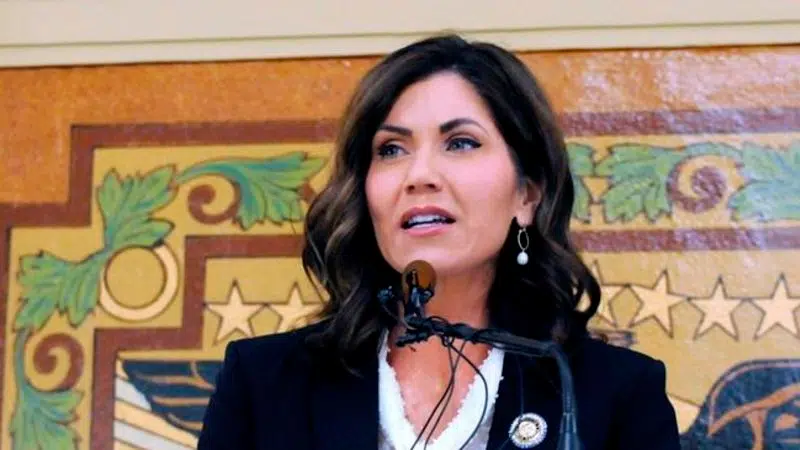
South Dakota, ACLU settle lawsuit over ‘riot-boosting’ laws
SIOUX FALLS, S.D. — South Dakota’s governor said Thursday that the state has agreed not to enforce aspects of laws that critics say were meant to suppress expected protests against the Keystone XL pipeline, under a settlement with a group that challenged the laws as unconstitutional.
Republican Gov. Kristi Noem said in a statement that as part of the state’s settlement with the American Civil Liberties Union, she agreed not to enforce the parts of the laws that made it a crime to direct or encourage others to “riot.”
The ACLU sued over the laws, saying they infringed on free speech rights. And a federal judge last month granted the group’s request for a temporary injunction that blocked enforcement of aspects of the laws that allowed the state to pursue criminal or civil penalties against demonstrators who engage in so-called riot boosting, which the laws defined in part as encouraging violence during a riot. The settlement agreement makes that injunction permanent.
Stephen Pevar, the ACLU’s lead attorney for the lawsuit, lauded the agreement, saying the state had clearly overstepped when passing the laws.
